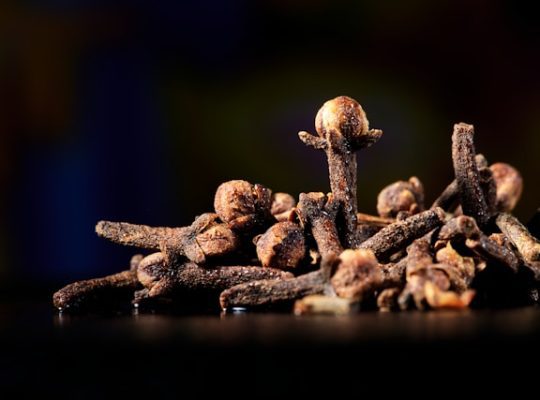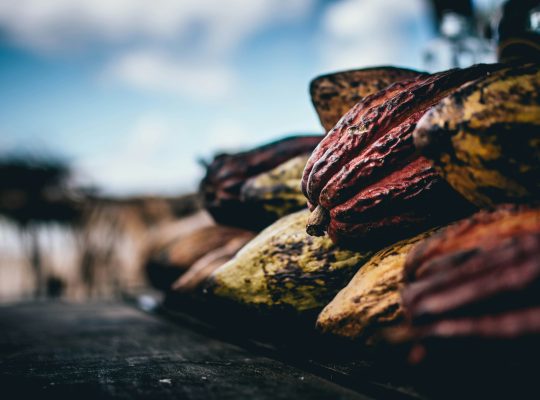Corn is a key agricultural commodity that significantly contributes to Indonesia’s economy. It’s not just consumed directly but also used extensively as a raw material in the food and feed industries globally. Additionally, corn is processed into biofuel, highlighting its versatility.
The Indonesian Ministry of Agriculture has embarked on a vision titled “Indonesia Towards Being a Global Food Barn by 2045” and has developed a strategic blueprint to achieve this. The blueprint includes goals like achieving self-sufficiency in corn production, enhancing the competitiveness and export of corn, and positioning Indonesia as a global food hub.
According to the Ministry’s data center, corn production in Indonesia saw an increase from 22.58 million tons in 2019 to 29.02 million tons in 2020. This upward trend continued with significant growths in exports too, while imports of corn dropped in terms of both volume and value in 2020. In 2022, the overall export value from Indonesia from January to December rose by 26.07% compared to the previous year, with processed corn products leading the exports and fresh corn dominating the imports.
A June 2023 report from the Agricultural Quarantine Agency highlighted the popularity of several corn-derived products in the export market. Corn starch flour was highly demanded in the Philippines, Thailand, Vietnam, UAE, and Malaysia, with an export volume of 5,300 tons. Corn gluten meal also saw significant demand in Japan and South Korea, and corn flour was exported to Malaysia, the Philippines, South Korea, Mexico, and India. Processing corn into these derived products adds significant value, thereby boosting export values and national income.
The government supports corn as a major export commodity through various initiatives, such as enhancing production methods, developing agricultural land, improving irrigation, and focusing on post-harvest processes using advanced technology in handling and marketing based on market needs and conditions. National corn production and stock can also be increased through the widespread use of new varieties released by the Ministry of Agriculture.
As of October 2022, the Ministry of Agriculture has approved 361 corn varieties including 298 hybrid, 59 composite, and 4 genetically engineered hybrid varieties. Out of these, 37 have applied for PVT rights protection with 35 varieties receiving certification.
Strategies to boost corn exports include improving production capacity, quality, and market competitiveness. Producers and exporters must comply with the import regulations of target countries and various government institutions’ standards which ensure product quality, food safety, consumer health, environmental protection, and fair market competition. The government has issued several Indonesian National Standards (SNI) related to corn products such as SNI 01-3173-1992 for corn gluten meal, SNI 3727:2020 for corn flour, and SNI 8523-2018 for corn starch. These standards assess both general and specific quality requirements, ensuring that Indonesian corn products can effectively penetrate global markets.








